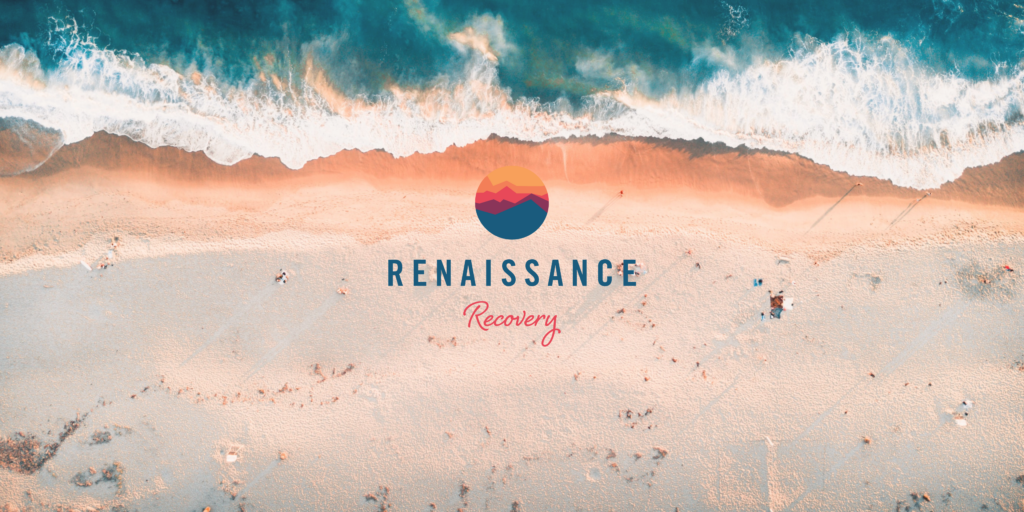Using alcohol to cope with stress or mental health conditions like anxiety, depression, and PTSD (post-traumatic stress disorder) is commonplace.
Like all negative coping mechanisms, though, using alcohol to cope provides nothing but fleeting relief. Crucially, it does nothing to address the underlying condition either and introduces the complication of substance abuse. Read on and find out how to stop using alcohol to cope with life’s stressors.
Need help getting addiction treatment?
If you or a loved one need treatment for drug or alcohol addiction, call our free hotline at 833.497.4481 for help.
Why Do I Feel Like I Need Alcohol to Cope?
From using alcohol to cope with anxiety or depression to using alcohol to cope with grief, self-medicating with addictive substances is self-defeating but occurs frequently, largely due to the ready availability and social acceptability of alcohol. Relying on alcohol for emotional or psychological relief is grounded in a blend of biological, psychological, social, and environmental factors.
Biologically, alcohol affects the brain’s reward system. It releases endorphins and dopamine, chemicals that create feelings of pleasure and satisfaction. Over time, the brain may begin to associate alcohol consumption with these positive feelings, leading to a dependence on alcohol as a quick fix for stress relief or to enhance mood.
Psychologically, many people turn to alcohol as a way to escape from painful emotions or memories. Using alcohol to cope with anxiety, depression, or trauma may provide a temporary sense of relief. This coping mechanism, though, often masks deeper issues that need addressing, creating a cycle of dependence and leaving the root cause of the issue unresolved.

I Use Alcohol to Cope, What Do I Do?
Understanding why you feel the need to use alcohol to cope is the first step toward initiating meaningful change. Once you recognize that self-medicating with alcohol is a negative coping mechanism that will not serve you long-term, it becomes easier to identify healthier coping mechanisms, such as engaging in physical activity, practicing mindfulness, or developing hobbies and interests, can provide more sustainable and fulfilling ways to deal with life’s challenges.
Many people find that engaging with professional treatment helps address issues of alcohol abuse and mental health. Since the enactment of ACA (Affordable Care Act) and MHPAEA (Mental Health Parity and Addiction Act), treatment for addictions and mental health disorders is covered by all major health insurance plans. This ensures that everybody who needs treatment gets the help they require, regardless of financial constraints.
Rehab is available at many levels of intensity on a continuum of care. This means that there’s no need to take a month or more away from personal and professional responsibilities. Outpatient treatment is scheduled around your existing commitments at an appropriate level of intensity for the severity of your addiction. When you choose outpatient treatment, you can also put the positive coping techniques you learn at rehab into practice in real-world situations.
At Renaissance, we are happy to work with all health insurance providers. Explore our website for quick and easy insurance verification.
Am I An Alcoholic? | Quiz
If you are concerned about the development of alcoholism in yourself or a loved one, taking a quiz can help you establish whether a professional evaluation might be beneficial.
Complete our quiz right here. Questions are based on the diagnostic criteria for alcohol use disorder as outlined in DSM-5-TR (Diagnostic and Statistical Manual of Mental Disorders). Responding positively to several of the questions suggests the presence of alcohol use disorder. There is no substitute, though, for a diagnosis from a mental professional. Alternatively, reach out to Renaissance for immediate assistance addressing all aspects of alcoholism.

Get Help for Alcohol Addiction and Mental Health at Renaissance Recovery
We specialize in the dual diagnosis treatment of alcohol addictions and mental health conditions at our California rehab. Integrated treatment of co-occurring disorders like alcohol addiction and depression or anxiety delivers superior outcomes.
If you need help with alcohol withdrawal, we can refer you to licensed medical detox centers throughout the state. After addressing the issue of alcohol dependence, you can transition to ongoing treatment at our luxury rehab in Huntington Beach, California.
The unique aspect of all alcohol addictions is reflected in the personalized treatment plans delivered at Renaissance. Therapies may include:
- Medication-assisted treatment
- Psychotherapies (CBT and DBT)
- Motivational therapies
- One-to-one counseling
- Group therapy
- Family therapy
- Holistic interventions
- Aftercare planning
For effective and compassionate treatment for addictions and mental health conditions, call Renaissance at 866.330.9449.



